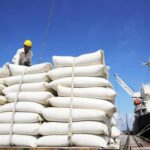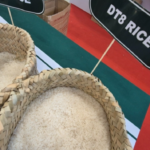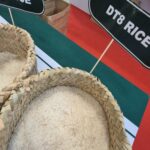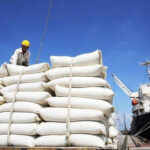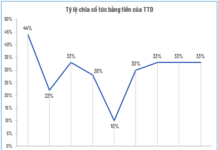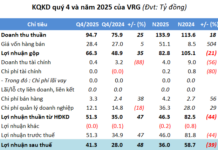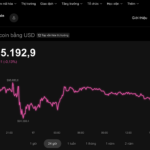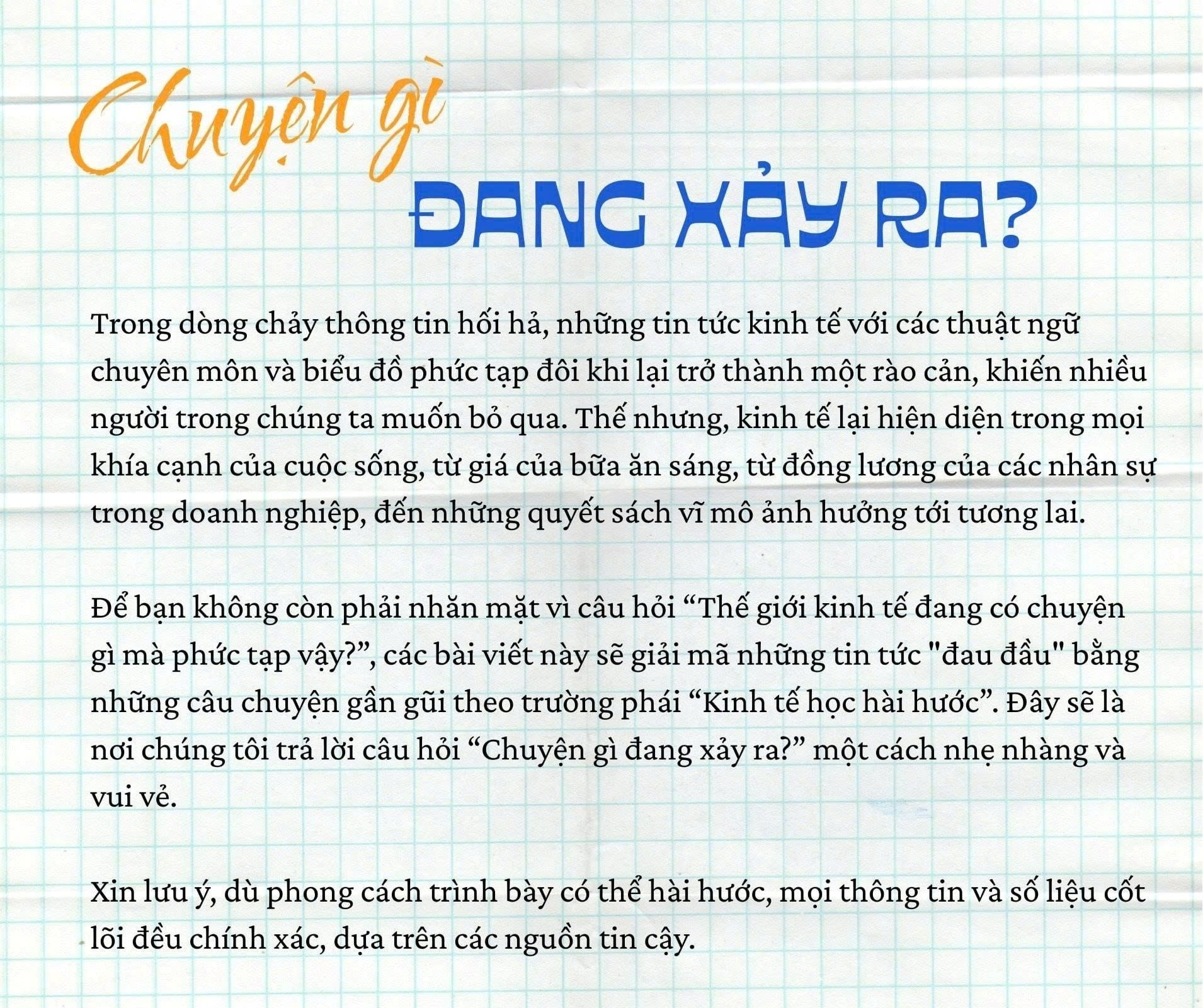
The dramatic film has the entire Mekong Delta on the edge of their seats as rice prices suddenly plummet, leaving farmers and traders alike bewildered.
A farmer recounted that at the beginning of July, the OM18 rice variety was being purchased by traders directly from the fields for around 7,500 VND/kg, but has now dropped to just over 5,700 VND/kg. In less than 20 days, the price of rice has decreased by almost 1,800 VND/kg, leaving farmers in a state of shock.
What caused this sudden shock to the system?
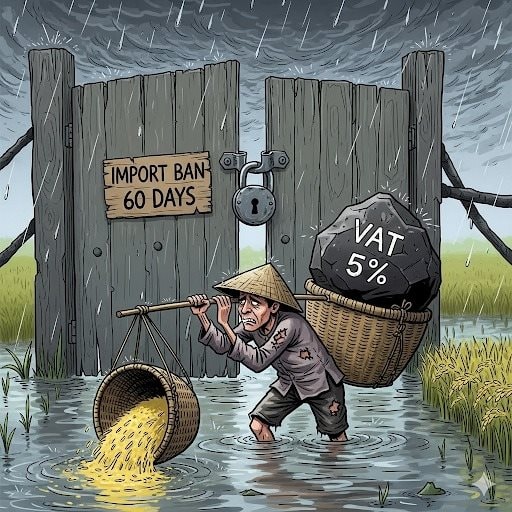
One: Our “God” from the Philippines Suddenly Goes on a Diet!
Imagine you own a restaurant and your biggest spender, who rents out an entire floor for their daily feasts, suddenly announces they’re going on a detox and won’t be eating your food for the next 60 days. That’s exactly what happened with the Philippines, who purchases over 40% of Vietnam’s exported rice. This sudden change of heart has left our warehouses overflowing with rice, forcing us to sell to smaller domestic “customers”. With supply exceeding demand, rice prices are taking a tumble.
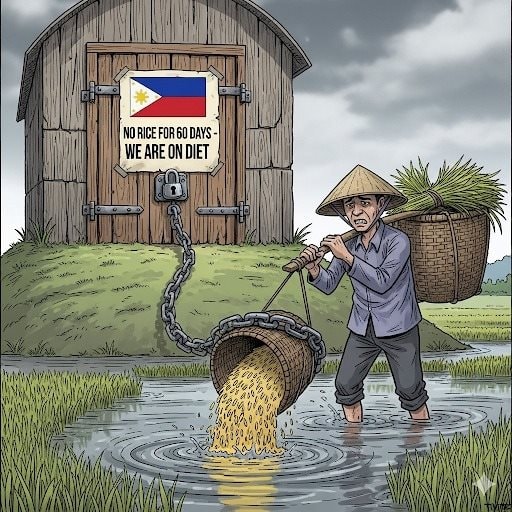
Two: “Sidewalk Tax” for Traders
Just when things seemed at their bleakest, rice traders (those who buy rice from farmers) received news that they would have to pay an additional 5% in VAT tax. To compensate for this unexpected expense, traders have no choice but to lower the price they pay to farmers for their rice.
Three: The Neighbor Who Loves a Price War
As if things weren’t complicated enough, an uninvited guest shows up and makes an already bad situation worse: cheap rice from Cambodia. This rice is flowing across the border at lower prices, creating intense competition. Whether they like it or not, our local traders have to consider lowering their prices as well or risk losing customers.
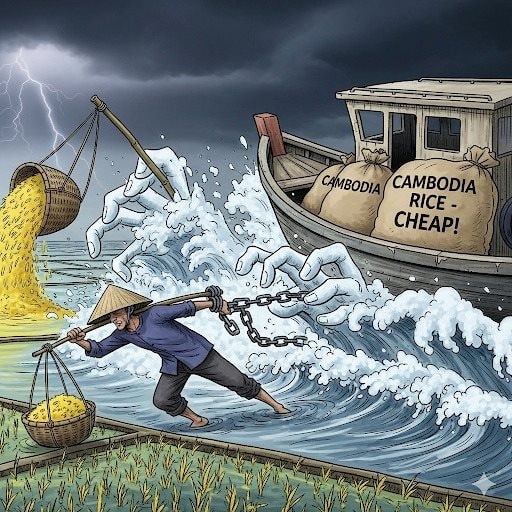
Four: Mother Nature is Acting Up
Prolonged heavy rains have caused harvested rice to become damp, reducing its quality. The rice grains are no longer as attractive, failing to meet standards, and giving traders and businesses yet another reason to drive down prices. To make matters worse, the yield this season is significantly lower than in previous years.
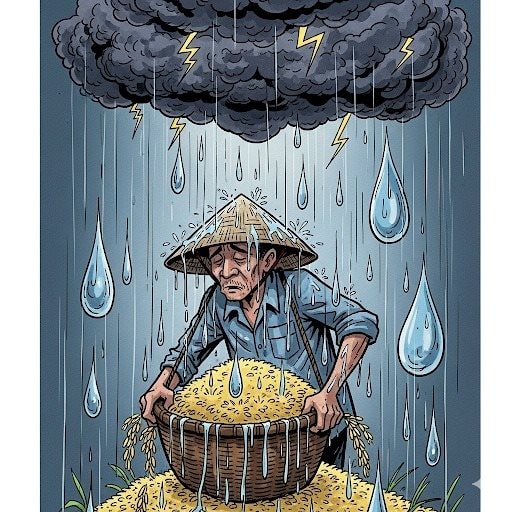
In Conclusion, How Does This Affect Your Rice Bowl?
The story of the Mekong Delta farmers may seem distant, but this “blockbuster” film truly impacts your daily meals. While you may enjoy slightly lower rice prices, don’t get too excited. When rice prices at the farm gate drop significantly, retail rice prices may dip slightly as well. However, this reduction is often disproportionate due to the involvement of middlemen, transportation, storage, and other factors. The bigger concern is the potential long-term impact on food security and rice quality.
The overall purchasing power of the economy will weaken. The Mekong Delta is not just Vietnam’s rice bowl but also a significant economic region. When millions of farmers lose their income, they tighten their belts, spending less. This has a domino effect, with rural agricultural supply stores, restaurants, and grocery stores seeing fewer customers. This reduction in spending power affects numerous other industries in ways you might not expect.
The film is still playing out, and our leading actors, the farming community, are in dire need of a happy ending rather than a tragic one.
Premium Vietnamese Rice: Unfazed by India’s Stock Clearance, Global Price Slump
The global rice market may be facing a downward spiral due to oversupply from India, but Vietnamese rice continues to buck the trend. With a strategic focus on market advantages, product quality, and diversification, Vietnamese rice exporters have not only maintained their export momentum but have also managed to increase prices for certain segments.

